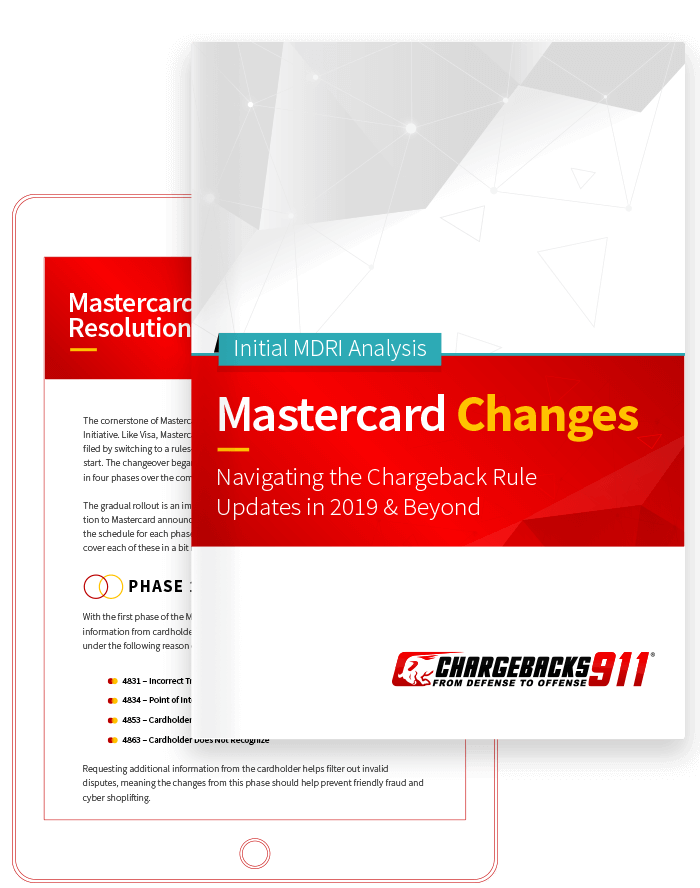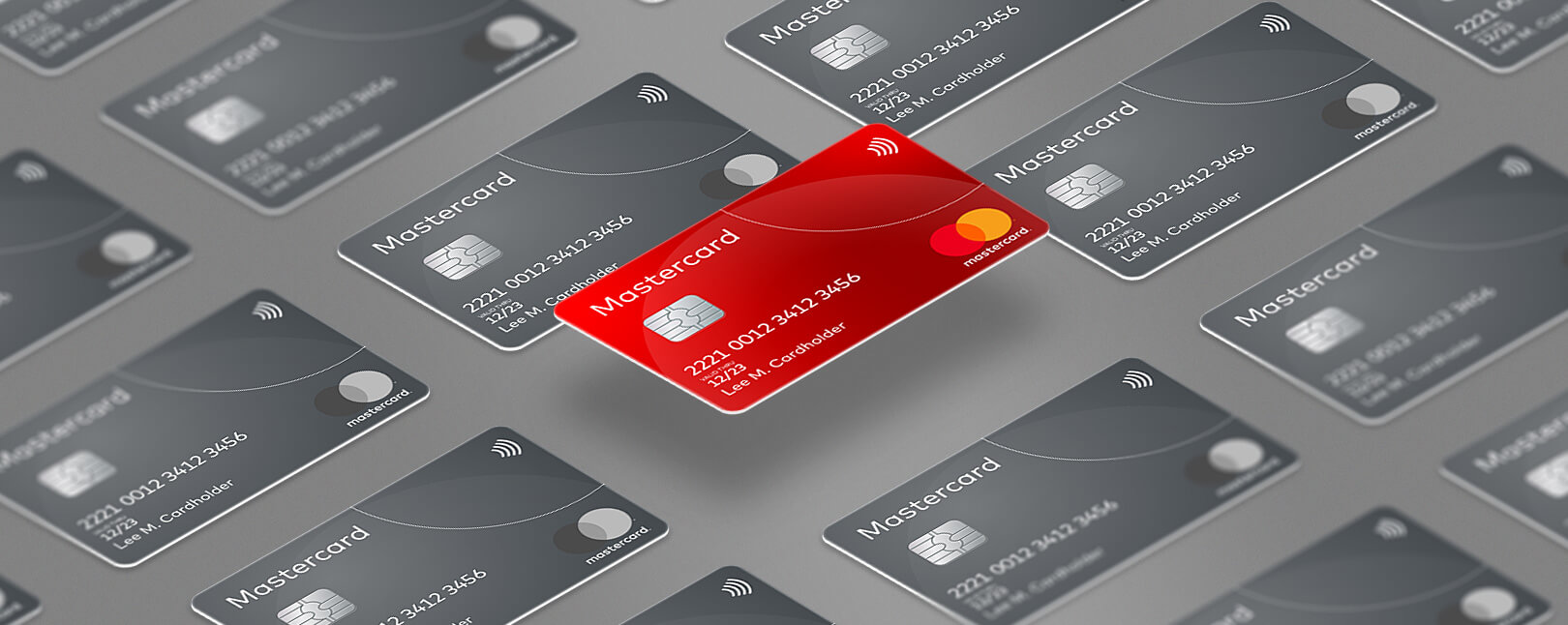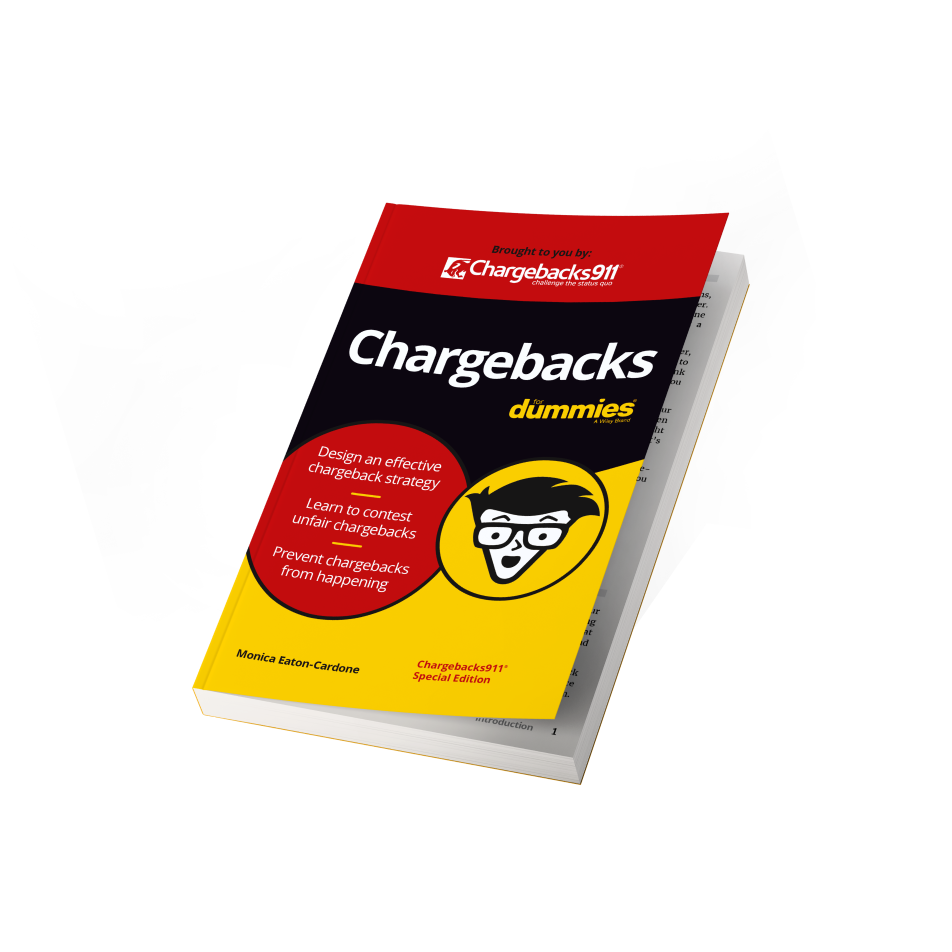How Mastercard Dispute Resolution Affects Merchants
If there’s one constant involved in dealing with chargebacks, it’s that the rules are always changing.
The card networks might roll out some minor updates at any time. That said, revisions tend to happen once or twice a year, when the card networks issue the most recent versions of their chargeback guides.
Of course, broader, more sweeping changes might come about from time to time. Back in 2018, for instance, Mastercard began implementing one of the most extensive overhauls the card network had ever tried: the Mastercard Dispute Resolution initiative, or MDR.
This was similar to what Visa did with their Visa Claims Resolution (VCR) initiative earlier that year,. MDR shifted Mastercard to a “rules-based” system for chargeback workflow management. The network’s goal was to make the chargeback process more fair, efficient, and responsive to the demands of contemporary payments.
Did it work? Well, that depends on your perspective.
In this post, we look at what Mastercard Dispute Resolution is, what the card network hoped to achieve, and how the initiative has impacted merchants so far.
Recommended reading
- What are Mastercard Chargeback Fees? The Rundown for 2025
- Mastercard Chargeback Rules: Guidelines & Procedures
- Mastercard Chargeback Time Limits: The 2025 Guide
- Mastercom | What Is it? How Does Collaboration Work?
- How Mastercard First-Party Will Fight Video Game Disputes
- The Merchant's Guide to Mastercard Debit Card Chargebacks
What is Mastercard Dispute Resolution Initiative?
- Mastercard Dispute Resolution
The Mastercard Dispute Resolution initiative, or MDR, is an updated chargeback process that Mastercard implemented in 2018. The aim of MDR was to better manage the dispute lifecycle and simplify the overall chargeback process.
[proper noun]/* ma • stǝr • kard • di • spyōōt • re • zǝ • lōō • shn/
The Mastercard Dispute Resolution initiative was the network’s way of modernizing and simplifying its chargeback process. For efficiency, the revamped system consolidated the various parts of dispute management into a single, streamlined platform.
MDR dramatically reduced response time frames and limited how long claims could remain open. It also officially retired the arbitration chargeback process, eliminating so-called “second chargebacks.”
The initiative began rolling out the changes in October 2018. The updated program now aligns more closely with Visa’s collaboration chargeback process. While knowing one system may make the other easier to understand, both are still complex.

Mastercard Changes: Navigating the Chargeback Rule Changes in 2019 and Beyond
Like Visa with 2018’s VCR, Mastercard is implementing sweeping changes to its chargeback and dispute systems. Download our whitepaper to learn what changes are coming, and how to prepare.
Free DownloadWhy Change the Chargeback Process?
The consumer’s right to file a chargeback was introduced in the mid-1970s. Chargebacks were created to protect consumers from fraud and dishonest merchants. The mandate worked, helping build consumers’ confidence in payment cards.
The global marketplace has changed significantly over the last half century, though. The rise of the internet and eCommerce has altered the way people shop. However, the chargeback process has failed to evolve alongside it.
This disparity between rules and reality created new vulnerabilities that could be exploited by fraudsters. It also made it easier for cardholders to abuse the chargeback process, both deliberately and by accident.
Mastercard Dispute Resolution is Mastercard’s attempt to close these gaps and eliminate redundancies. In essence, it's a move to clean up outdated processes that weren’t designed for a digital marketplace.
What Did Mastercard Dispute Resolution Initiative Change?
To encourage compliance and maintain stability, MDR was rolled out in phases. Now that the process has been fully implemented, let’s look at some of the main things that have changed.
What About the Chargeback Guide?
Mastercard issued the most recent version of their Chargeback Guide in December of 2021. The most significant changes listed in the 600+ page document pertain to the network’s chargeback process, specifically pre-arbitration and the handling of authorization-related chargebacks.
The former ensures that a merchant is given time to either accept a chargeback or proceed through arbitration. The latter refers to chargebacks issued under reason code 4808 - Authorization Not Obtained. In this ruling, issuers must attempt to honor the transaction before filing a chargeback.
Finally, the guide reiterates that the following reason codes may be used for now, but will soon be completely retired:
- 4807 – Warning Bulletin
- 4812 – Account Number Not on File
This covers some of the major updates stemming from the implementation of Mastercard Dispute Resolution, but it omits many complex details. Always check the most current Mastercard Chargeback Guide for the latest regulations.
How Has MDR Impacted Merchants?
Like Visa Claims Resolution before it, the Mastercard Dispute Resolution initiative was designed to streamline and improve the chargeback process for everyone. Has it worked for merchants?
Well, results have been mixed. One study conducted a year after Visa Claims Resolution adoption found that most merchants felt VCR either produced no difference, or actually made things more difficult. The policy simplified certain processes, but reduced timeframes and new workflows complicated others.
This could have been the result of temporary growing pains as merchants adjusted to the new system. Either way, though, it highlights just how complex and uncertain these massive changes can be for merchants who are accustomed to specific rulesets. While merchants have had less time to acclimate to the Mastercard Dispute Resolution Initiative, the overall response may be very similar.
Both MDR and VCR introduced steps to help streamline the chargeback process. That’s a good thing. But unfortunately, neither was ultimately sufficient to combat the serious threat of post-transaction (“friendly”) fraud. Unless new mandates include steps to address illegitimate chargebacks, even comprehensive changes to the system will be little more than band-aids with no long-term impact.
Have Additional Questions?
If you’re struggling to decipher and respond to Mastercard’s new chargeback rules, we can help.
Chargebacks911® offers the most comprehensive chargeback analysis and management strategies available today. We can take chargebacks entirely off your plate and up your ROI. To learn more, contact us today.












